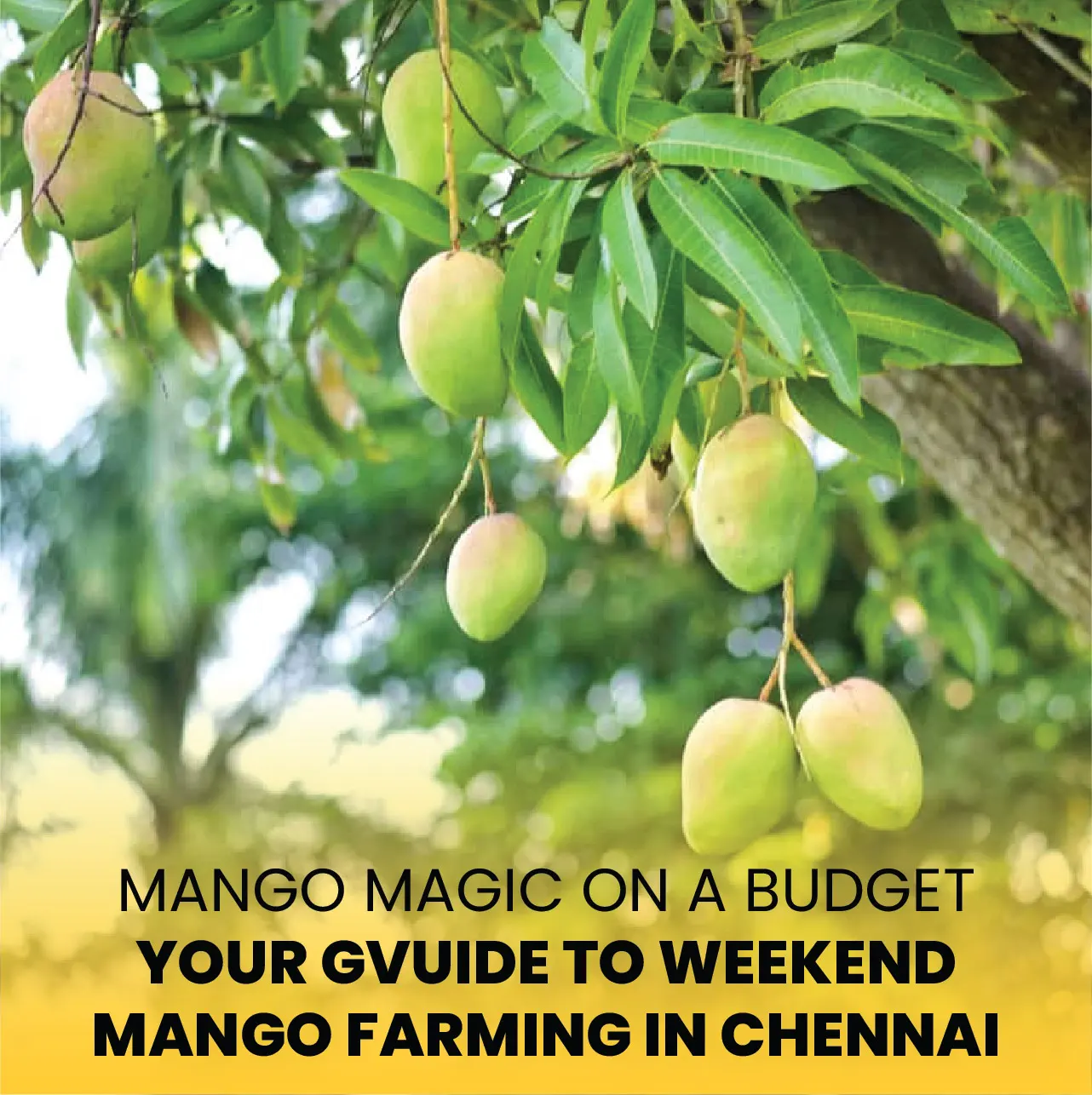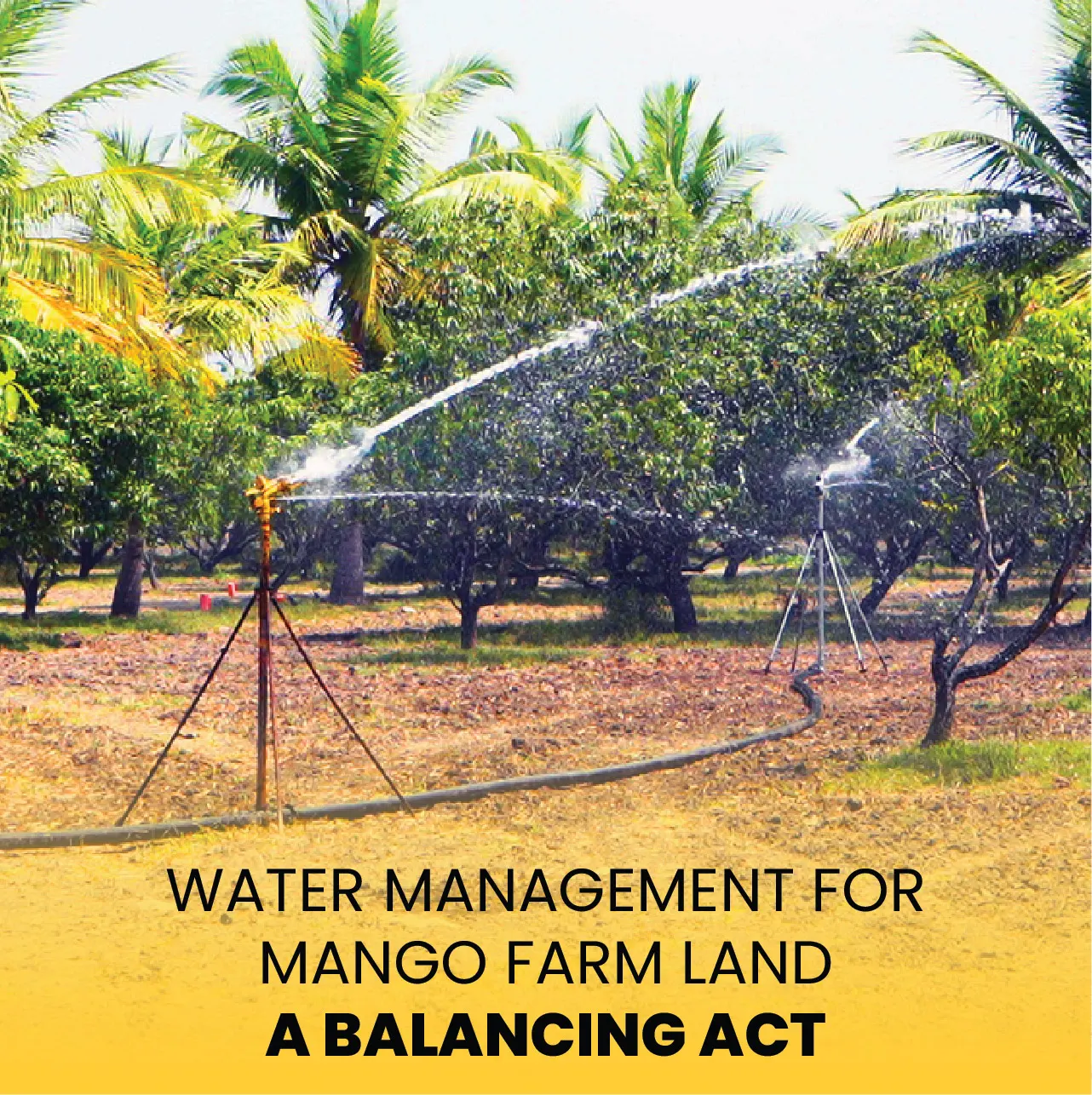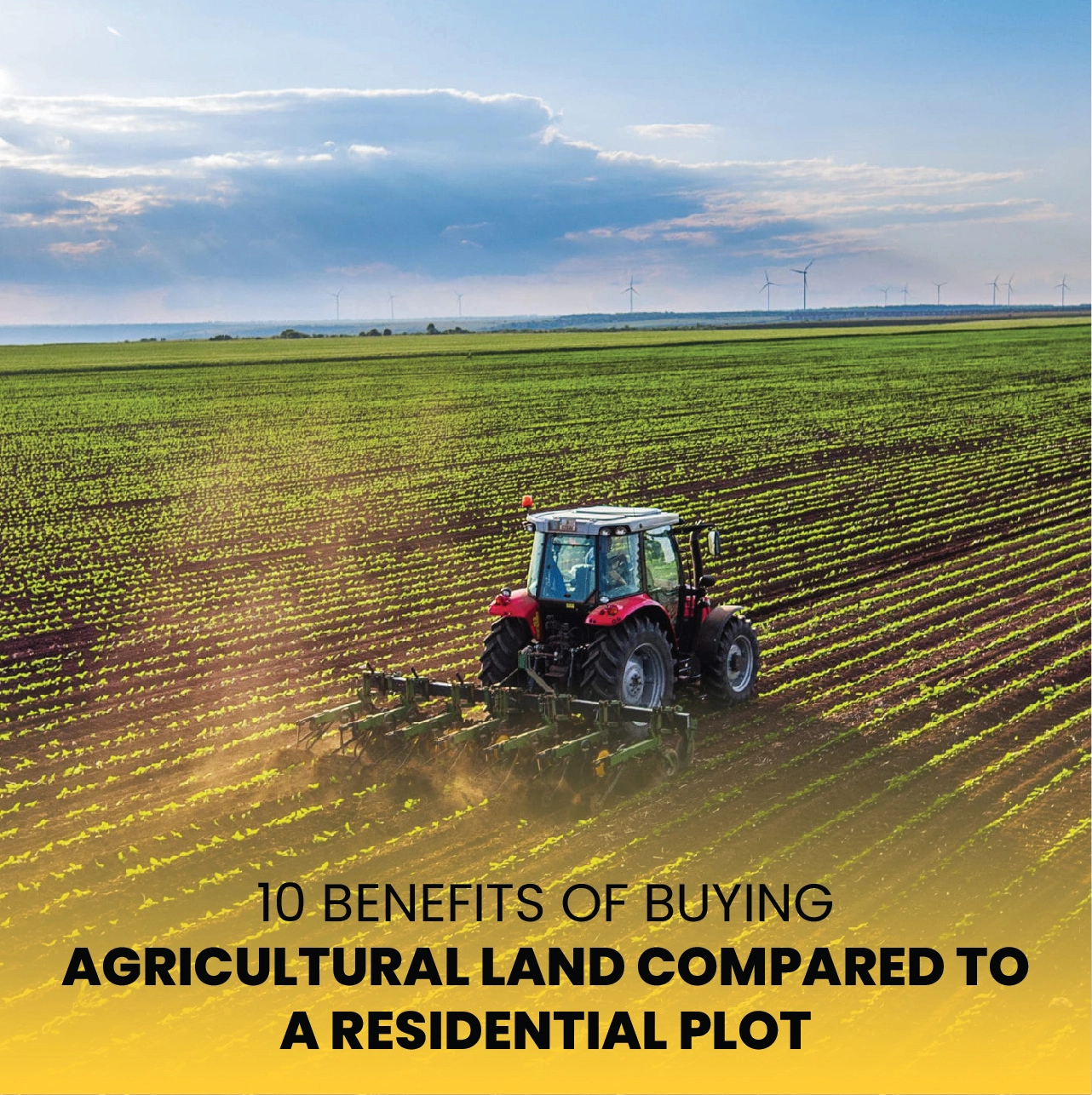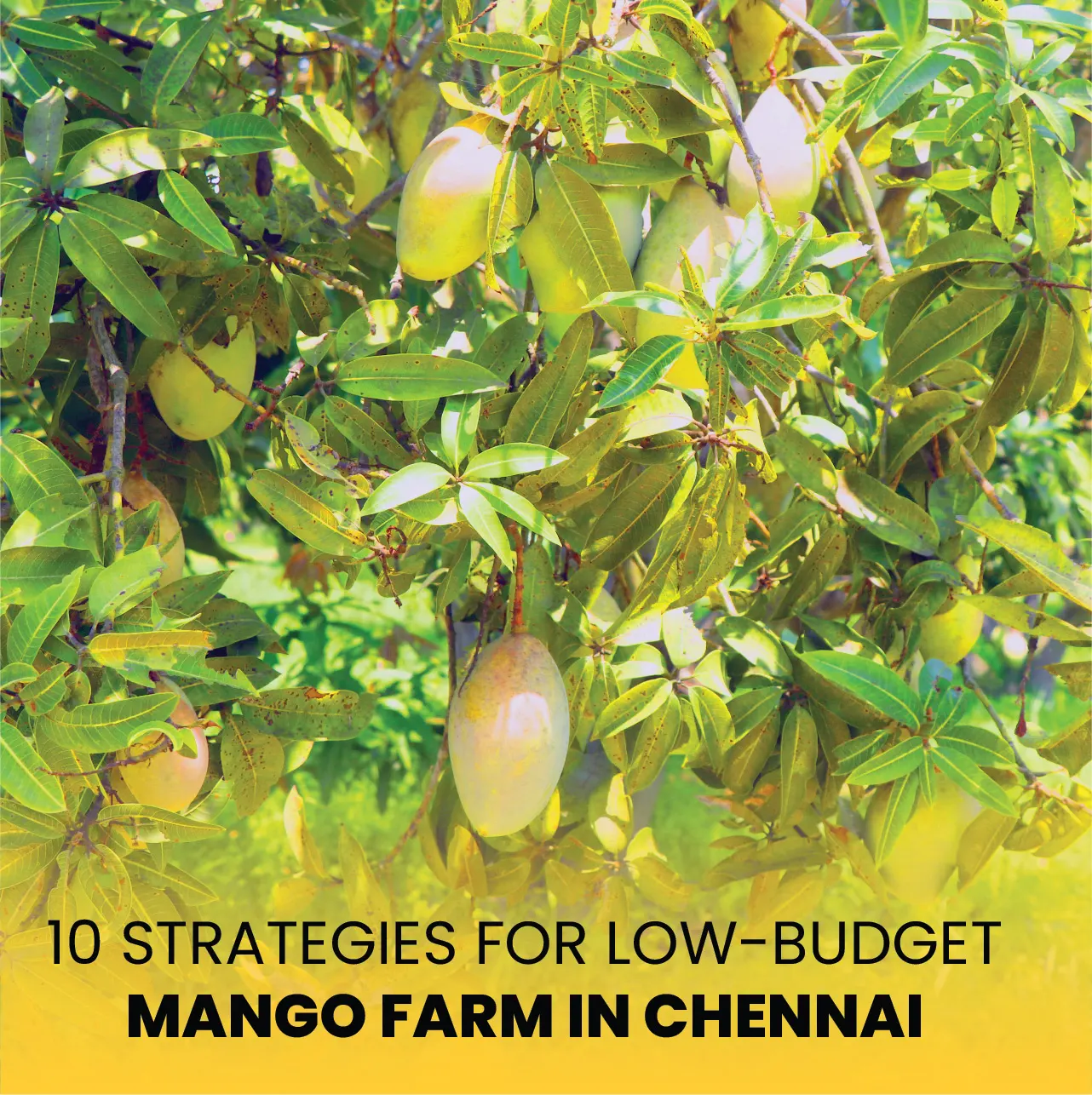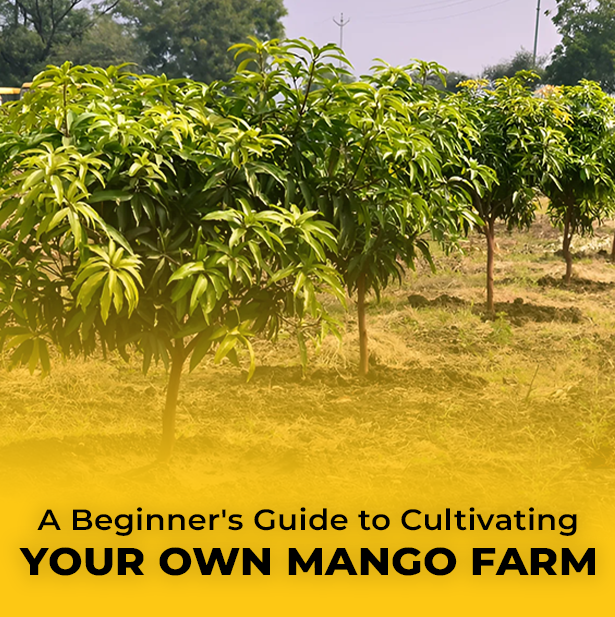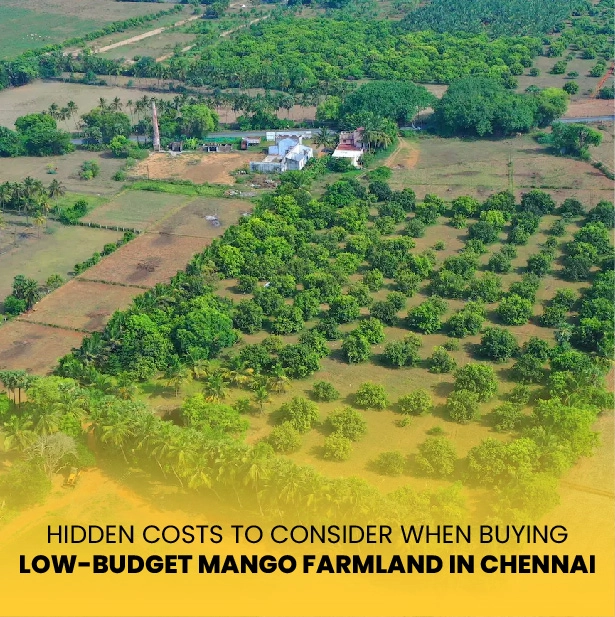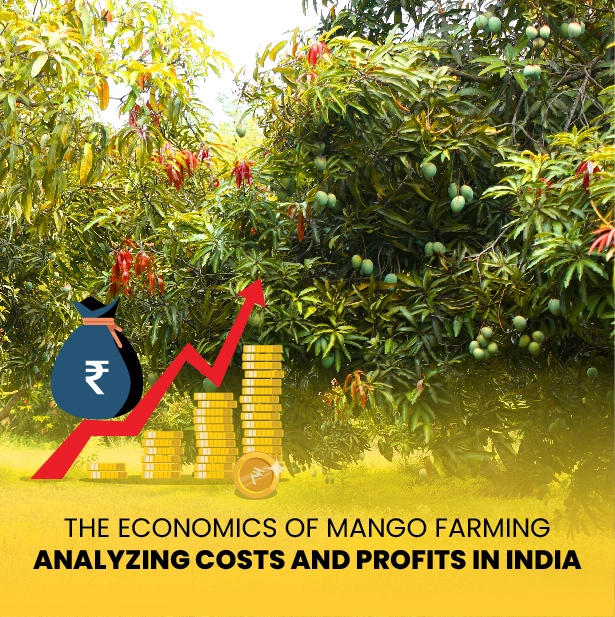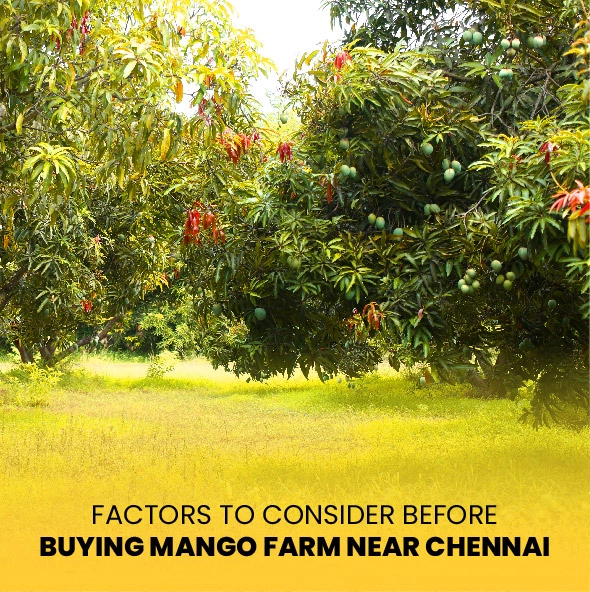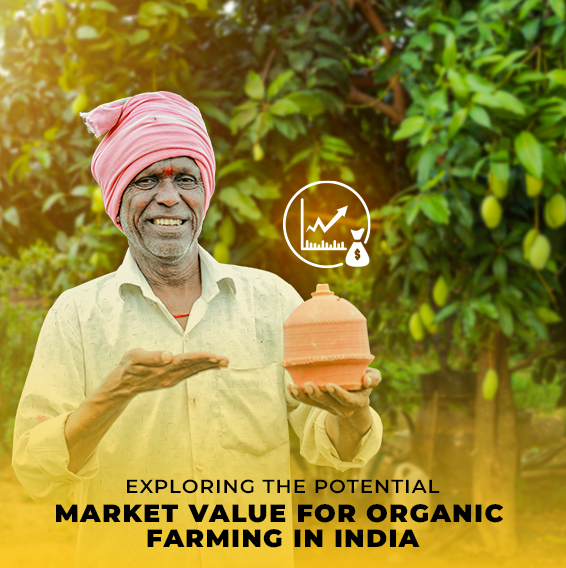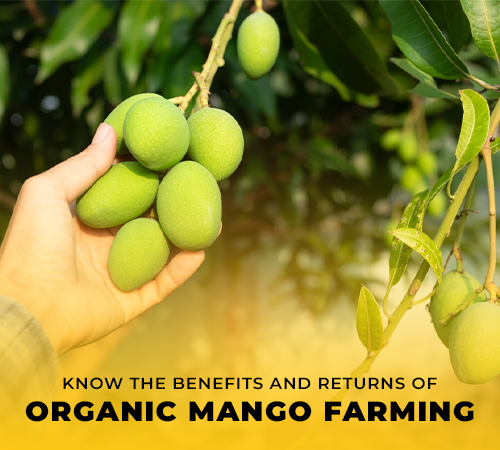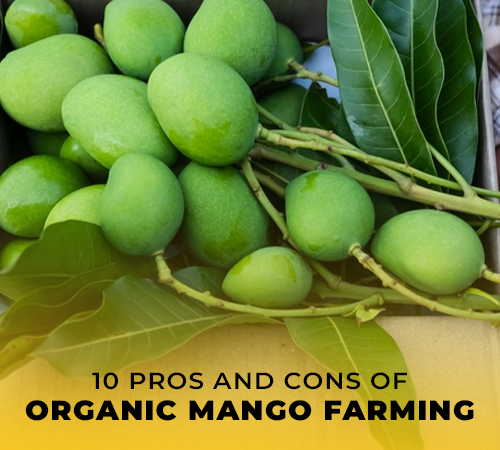One of the most beautiful gems among tropical fruits, the Amrapali mango is especially sweet and smells amazing. Designed as a hybrid variety painstakingly created by the Indian Agricultural Research Institute (IARI), it combines the greatest features of its parent kinds to provide a fruit that is both very desired and reasonably profitable. Apart from great mango farming appreciation among mango lovers, this mango's enticing qualities and flavor profile have positioned it as a very attractive investment possibility. We shall discuss the special qualities that make the Amrapali mango outstanding, investigate the particular farming conditions required for best development, and investigate the large investment possibilities that make it appealing for both new and experienced agricultural sector investors in this blog.

The Amrapali mango is a combination resulting from cross-breeding the Neelum and Dasheri mangoes. The Indian Agricultural Research Institute (IARI) painstakingly created this range to incorporate the finest features of its parent types. Its remarkable flavor character is among its most appreciated qualities. Among mango aficionados, the Amrapali mango is a favorite because of its sweet, juicy, and aromatic flesh, which provides a wonderful mix of sweet and sour.
The Amrapali mango has equally striking visual attractiveness. Usually small to medium-sized, the fruit has a smooth, golden-yellow skin that, completely ripe, intensifies to a rich orange tint. This vivid hue not only makes the fruit aesthetically pleasing but also indicates its best ripeness and taste. From April to June, the Amrapali mango is in season; this is when its availability rises and it becomes a much-awaited treat in the summer.
Farming Amrapali mangoes calls for attention to particular environmental factors to guarantee a plentiful output. The mango trees grow well in warm tropical environments with 25 to 35 degrees Celsius. For areas with a clear dry season, which is absolutely vital for the growth of the fruit, they are ideal.
Therefore, the mango farming of Amrapali mangoes depends critically on the quality of the soil. These trees want well-drained, pH-range between 6.0 and 7.5 soils. Organic matter-rich loamy soil offers the ideal conditions for the mango trees to flourish and generate superior fruit.
Particularly in the dry season, water is absolutely vital. Still, you should avoid overwatering since too much moisture could cause root rot and other problems. Strategic pruning, pest control, and suitable fertilization to maintain good development and optimize fruit output also constitute part of regular care. Usually picked when mature yet still solid, amrapali mangoes Once plucked, they keep ripening to enable complete development of their rich taste and pleasant scent.
Investing in Amrapali mango farmland shows a good prospect because of various important elements. Above all, the Amrapali mango farming company presents a great return on investment (ROI). The great demand for this premium fruit combined with its outstanding quality guarantees investors will be able to reach notable profitability. Although location and farm size will affect the investment value in Amrapali mango farms, generally it is more reasonably priced than other high-value crops, which offers a pleasing starting place for investors.
Once the trees reach maturity, Amrapali mango farming has a noteworthy ROI; investors usually receive returns of 20–30% yearly. The fruit's high market price and constant yield produce this outstanding return on investment, thereby making this profitable business.
Furthermore, Amrapali mango farming supports ecologically responsible methods. For individuals who practice environmental responsibility, growing these mango trees helps to preserve biodiversity and soil by means of which one can contribute. Once planted, the well-developed and very prolific trees provide constant yields during their long lifetime. This not only increases the long-term worth of the investment but also fits sustainable agriculture methods.
All things considered, the Amrapali mango farmland are a profitable and ecologically benign choice. For investors wishing to enter the mango growing business, the mix of high ROI potential, affordability, and sustainable farming methods makes it a convincing option. Investing in Amrapali mango farms allows you to start a profitable business and help the surroundings.
One amazing success story in Amrapali mango farming is that of Purushoth, a Maharashtra farmer who turned his little mango farms into a very profitable company. Originally investing in five acres of Amrapali mango fields, Kumar had the usual difficulties growing mango. But his orchard started to flourish with careful attention, smart planning, and acceptance of sustainable ideas.
Purushoth's Amrapali mango farmland investment started to show amazing benefits a few years ago. Thanks to the great market for Amrapali mangoes and the quality of his produce, his yearly returns on investment came at 25%. Kumar's creative marketing plans, which included alliances with local and foreign purchasers, helped him even more.
Purushoth's formerly little mango farmland has expanded into a thriving business today, demonstrating that investment in Amrapali mango farms may result in significant financial success and long-term stability given commitment and the correct strategy. His experience is a wonderful illustration of how well deliberate investment in mango farming combined with careful management can produce amazing outcomes.
One particularly outstanding variety that epitomizes perfection in mango farming is the Amrapali mango. For both mango aficionados and investors, it's great taste, arresting look, and strong investment value make it a first pick. Accepting the chance to develop and savor the Amrapali mango lets you engage in a custom honoring the art of farming and the delight of really good fruit. The Amrapali mango presents a sweet and satisfying experience, whether your attraction is its delicious taste or the possibility of a good investment.
Investing in Amrapali mango farming offers not only the opportunity to enjoy a very amazing fruit but also financial success and environmentally friendly farming methods. Investigating this possibility helps you to add to the expansion of a vibrant sector and honor a tradition of excellence in mango farming.


